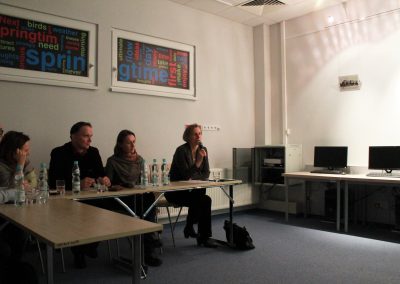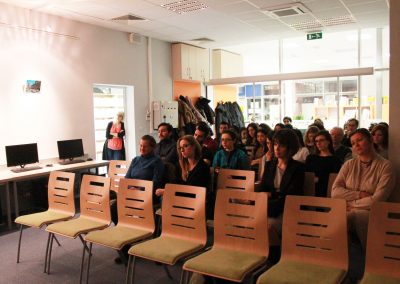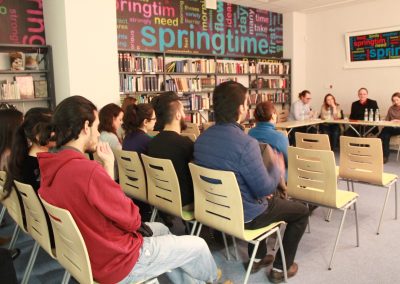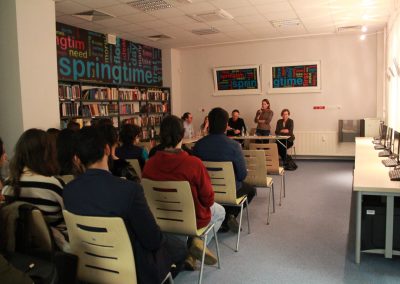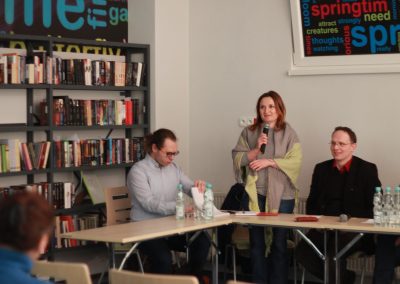On Wednesday we met in the Municipal Library Fil. 4 to participate in the debate entitled Gender ideology(ies): Man and woman – different by nature, inequal by society? We tried to find the answer to this question with our four guests: sociologists Borys Cymbrowski and Anna Czerner, philologist Katarzyna Molek-Kozakowska and biologist Elżbieta Pogoda.
We were aware that for most people the term gender is unfamiliar or even unfriendly, especially when someone is not a philologist or a social researcher, so we started with the basic questions: what gender is, how it exists in our respective fields of studies, and if there exists gender ideology. We can say that gender in general is about social consequences of being men, women or the others, because in the opinion of Elżbieta Pogoda even from a biological point of view there are more than only two sexes. And there is no evidence that one sex has an advantage over another.
In Polish media we encounter some false beliefs about the meaning of the word “gender”. But as Borys Cymbrowski mentioned it is a problem of confusion of nature with culture, because in the Polish language we have only one word (płeć) for gender and for sex. So some commentators confuse biological meaning with the cultural one. They accuse gender scholars of promoting a dangerous ideology which tries to convince people to choose their sex. As Anna Czerner said, the truth is that in the social sciences gender was a neutral category to analyse the relations between people in society, but unfortunately some institutions and politicians took one of the least popular topics in gender studies and used it as a basis to create and apply gender ideology as a political tool.
After that we focused mostly on language aspects within gender issues. Katarzyna Molek-Kozakowska indicated that for her it was easier to introduce herself in English than in Polish, because in Polish most names of academic professions have only a masculine gender, or even if it has a female gender, masculine forms sound more serious and more prestigious. But language is not a constant phenomenon – it is changing all the time. Twenty years ago we considered some female forms of words as strange, but today we take them for granted. We concluded that it is important to include more women-related forms to language, and it is one of the main catalysts of social changes in the public sphere.
We are really glad we could discuss it with you and with the citizens of Opole. We would like to thank you all for your presence and participation, and we hope to see you soon during another discussion. The aim of the whole debate was to clarify a little the problem of gender, but two hours is a short time when you are discussing such an important and complicated topic – so we treat this meeting only as a start. The debate is still open.
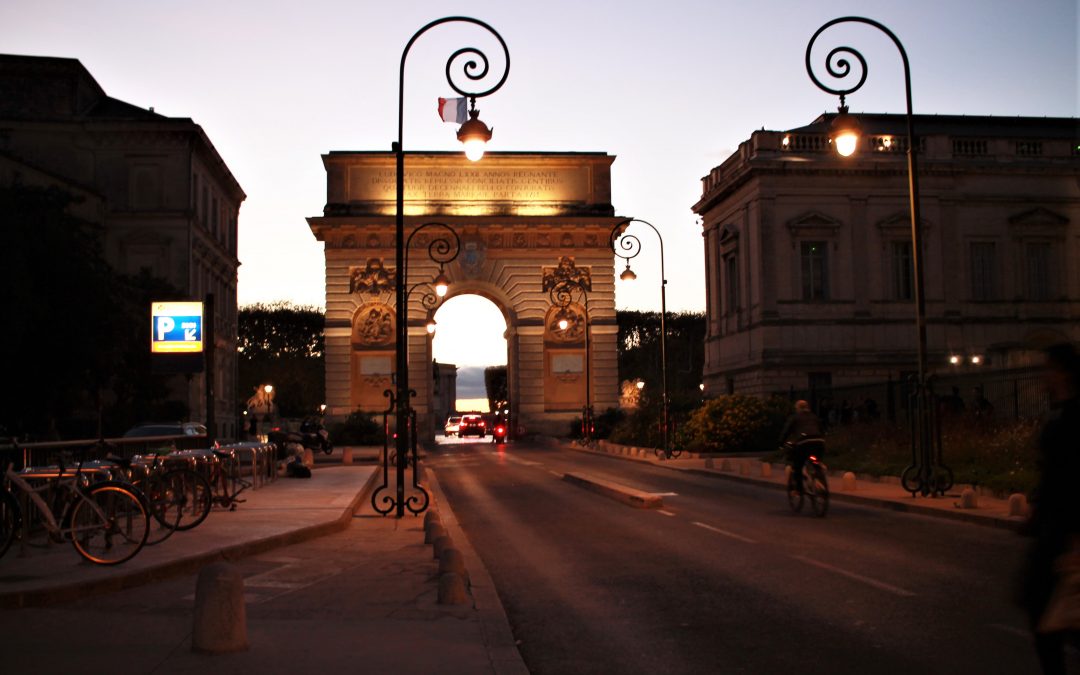
Daylight saving time
Dear Students, Brace yourself, winter is coming! Please remember that on October 27th, Poland will switch to Winter time. Exactly at 3 a.m. local time on Sunday, all our clocks will be moved 1 hour backward.That means, you can sleep an hour longer! More...
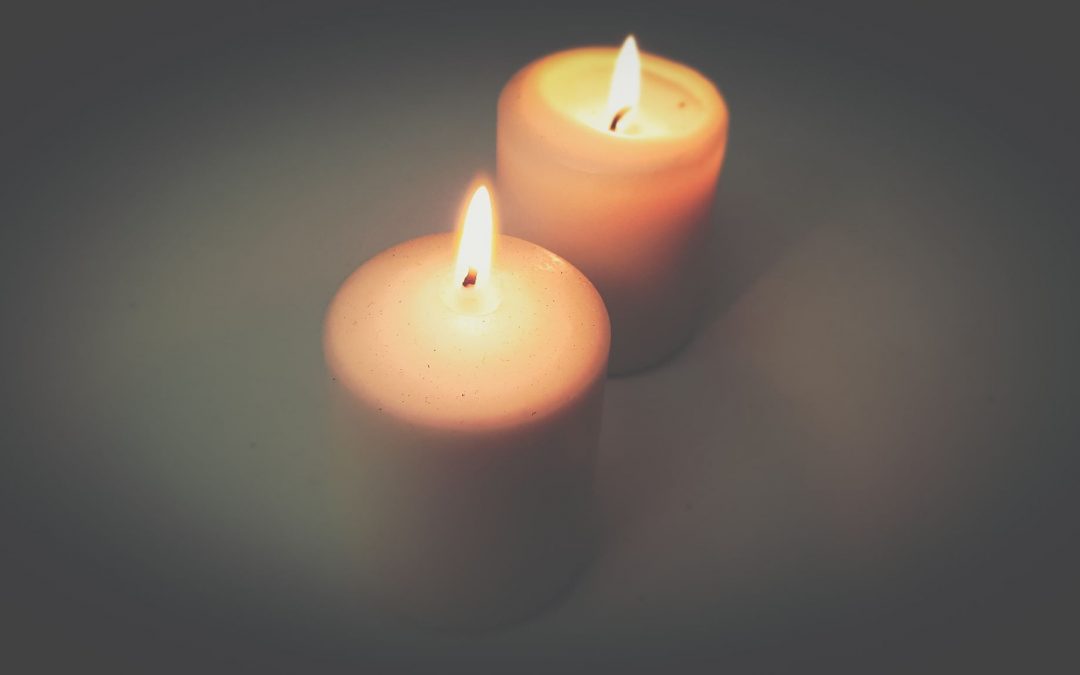
ALL SAINT’S DAY
ALL SAINT’S DAY AND THE RECTOR’S HOURS On 1st of November we will be celebrating All Saints’ Day – a Christian festival celebrated worldwide as well as a national holiday in Poland. On this day people visit the graves of their deceased relatives and leave there...

CAE – Free Mock Exam
CAE – Free Mock Exam at the University of Opole In November we organize for you a free mock exam CAE (C1) on original materials provided by Cambridge University!Pretesting is an amazing opportunity to test your language skills and get information on how you dealt with...
Rector’s scholarship
The Rector's scholarship is addressed to students who, in the previous academic year, excelled in their academic performance, influenced academic environment by their positive contribution to culture and science, or have results in sport on national or international...
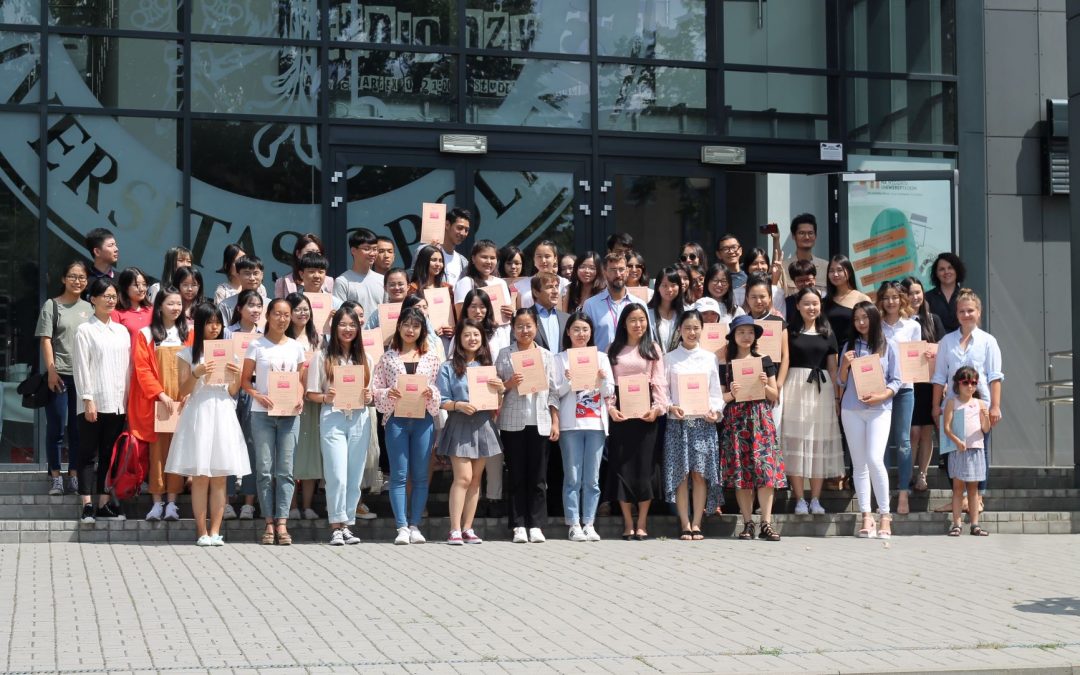
Summer University 2019
The 4th Summer University in Opole The 4th Summer University has come to an end. This year, the University of Opole hosted more than 70 students and teachers from China, Taiwan and Kazakhstan who have spent 3 weeks acquiring new knowledge within three concentrations:...
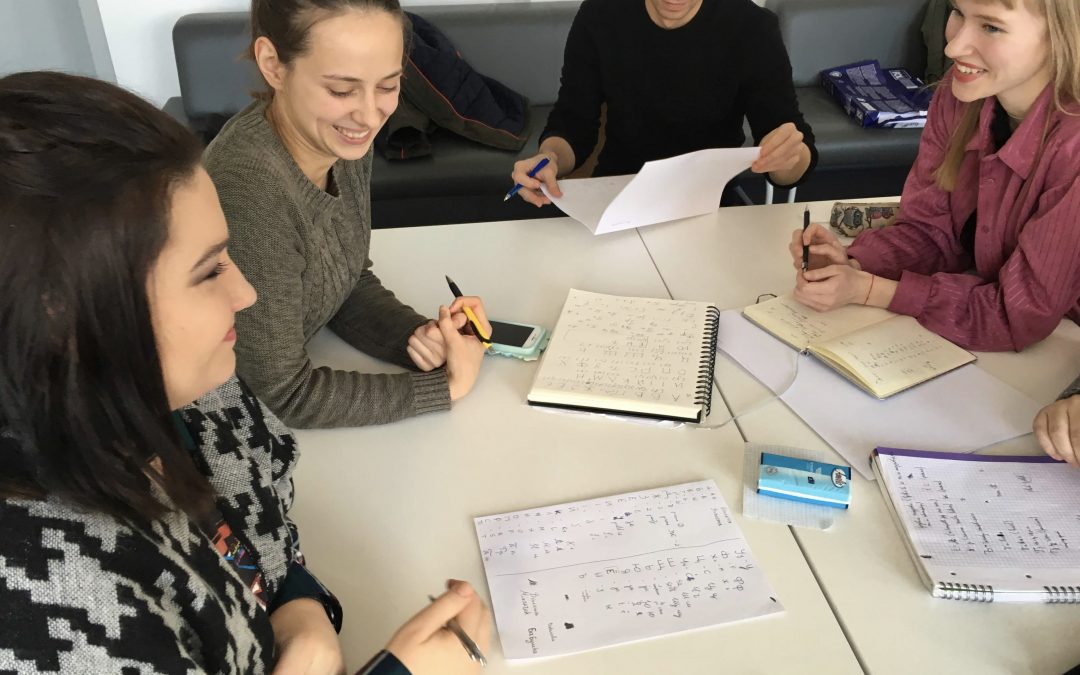
Registration for Cambridge English Qualifications
Cambridge Exams Do you want to test your English language skills and get an internationally recognized certificate? Registration for Cambridge English Qualifications (FCE, CAE, CPE, BEC) is now on. Check details on http://exams.wfil.uni.opole.pl. More News
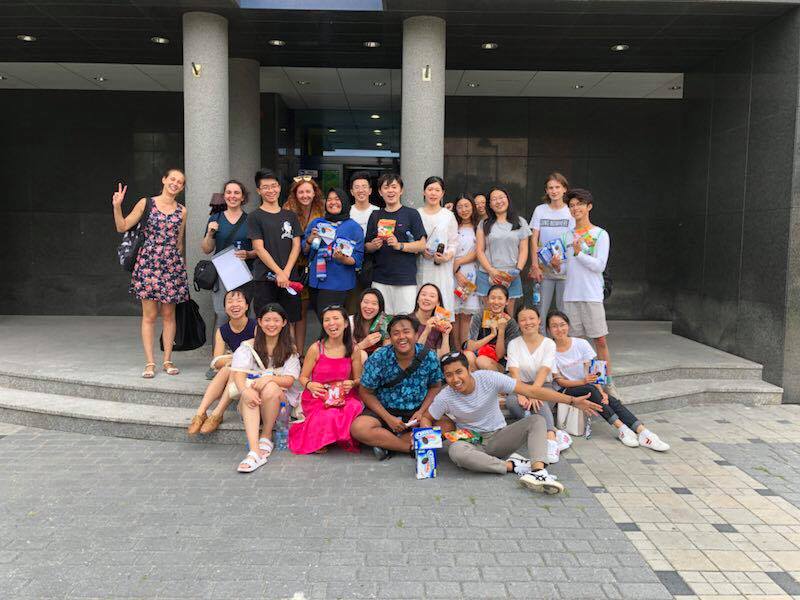
Volunteer placement
Dear Students, This year, from 12 July to 12 August, the University of Opole is hosting about 70 students from Taiwan, China, and Kazakhstan - participants of the Summer University 2019 programme. We are very excited and concerned at the same time, as we have...
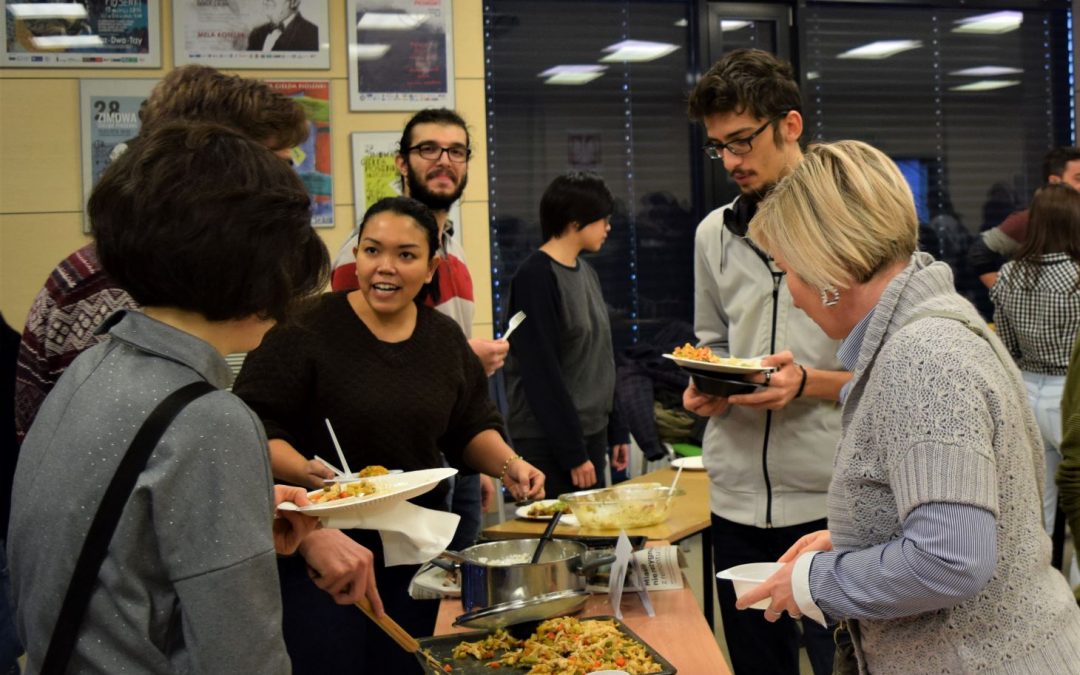
The second edition of Flavours of the World
The programme is co-financed by the European Social Fund in the framework of Knowledge Education Development Operational Programme, non-competition project Increasing competencies of academic staff and institutions’ potential to receive people from abroad – Welcome...
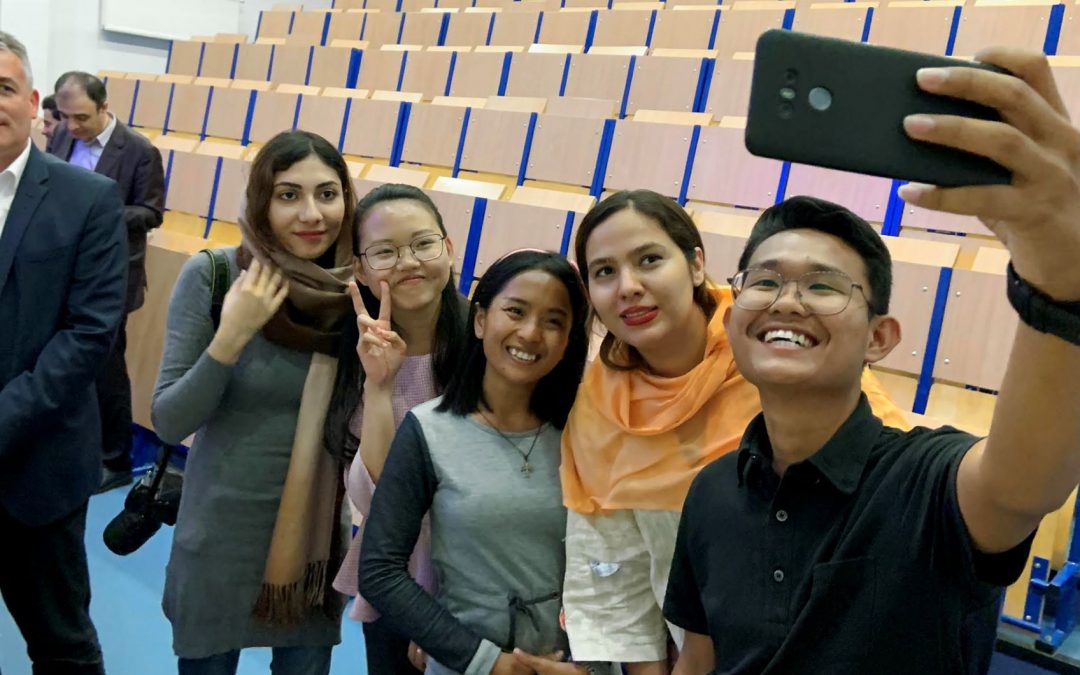
Persian Cultural Night at UO
Persian Night at the Faculty of Psychology On Thursday, May 30, 2019 the University of Opole hosted the Persian Cultural Night, organised by the students and professors from the Mazandaran University in Iran, visiting UO within the Key Action 107 of the Erasmus+...
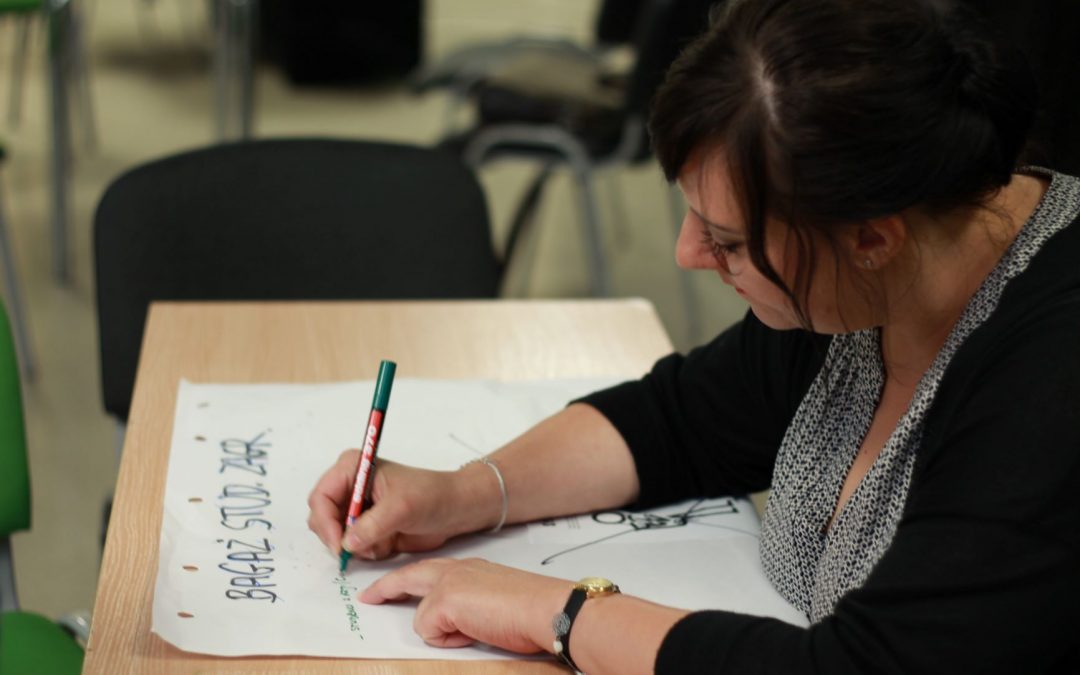
The second employee training
The programme is co-financed by the European Social Fund in the framework of Knowledge Education Development Operational Programme, non-competition project Increasing competencies of academic staff and institutions’ potential to receive people from abroad – Welcome...
